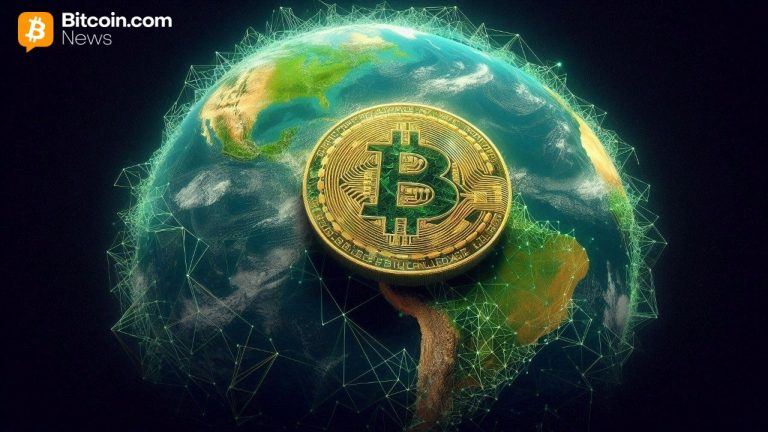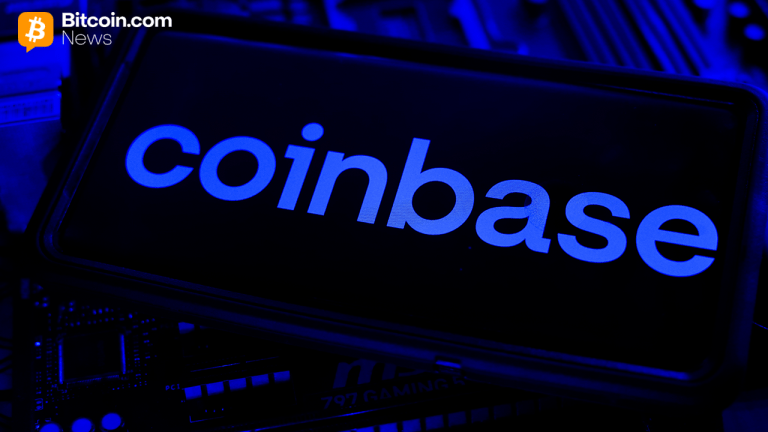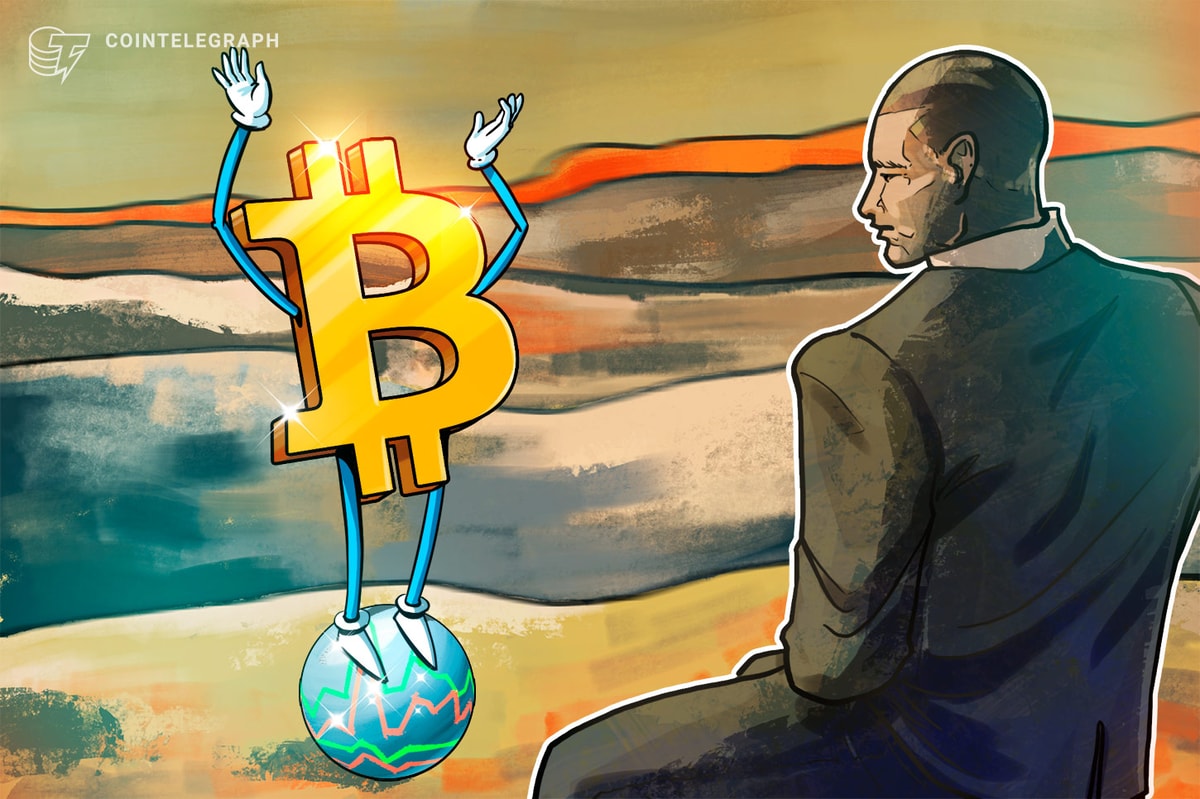Why is Jerome Powell gaslighting us about the odds of recession?
3 min read

Over the last 12 months, market analysts and commentators have relentlessly predicted that the United States is heading for a recession. However, the U.S. economy has been remarkably resilient and defied the forecasts. Indeed, we now have the U.S. Federal Reserve discounting a recession from its current modeling,
Normally, interest rates are higher for longer-term bonds than short-term ones, as investors need to be rewarded more as their money is locked in for longer periods. Right now, though, the yield on a two-year Treasury bond is well above that for 10-year bonds and has been for quite some time. This has been a consistent signal of a recession, as investors move money into safer longer-term assets when the economic outlook looks worse, which pushes their prices up and yields down.
Beyond this, as much as headline Consumer Price Index (CPI) inflation has been declining, core inflation (which excludes volatile energy and food prices) remains hot at 4.8% — well above the Fed’s 2% target. While the cost of goods has fallen, the price of services remains high, driven by the tight labor market.
Growing debt
Although higher interest rates have helped bring down inflation, the higher they go and the longer they stay high, the more expensive it gets for companies to invest in innovation and growth. While S&P 500 earnings currently remain strong, eventually this will filter down to the bottom line.
Related: Jerome Powell is prolonging our economic agony
Crucially, higher interest rates also make it more difficult for U.S. consumers to service their debt. Be it credit card balances, mortgage loans or auto loans, all debt is becoming more expensive and reducing disposable income. This will negatively impact the consumer spending that is so vital for the economy and then, in turn, earnings and stock prices for companies.
But retail sales are up and have been on the increase month on month since January 2023. This suggests consumers aren’t slowing down yet and that the U.S. recession might be further into the future than we expect. Ultimately, we cannot deny that the labor market is still strong, and consumer confidence is buoyant for the second month in a row now. This is across all age groups and income segments and is most likely driven by the tight labor market and headline CPI inflation coming down.
Do you feel lucky, JP?
With the Fed having raised interest rates by another 25 basis points to the highest level in 22 years, we are at a pivotal moment. The question is whether hiking will continue at the Fed’s September meeting. After 12 months of solid agreement among policymakers, cracks are appearing in terms of how much more to hike and how long to hold elevated levels.
While markets have been skeptical, an increasing segment of Wall Street seems to believe the Fed is likely to avoid a recession and deliver a “soft landing.” However, as the Atlanta Fed suggests, the long-term impact of the fastest increase in interest rates in history will take considerable time to come through.
The FOMC seems set on its path, however, and with inflation likely to see some upward movement over the summer due to post-pandemic “revenge” spending among consumers, this could well lead to another rate hike in September. High and elevated rates will, though, impact capital expenditure. Indeed, access to capital is the single biggest concern for businesses today, with three-quarters of small and medium-sized enterprises already struggling.
In the face of this mounting pressure, an economic slowdown seems inevitable. Indeed, Powell stated after the July Fed meeting that softening, “below trend” growth was even necessary to get inflation under control.
Now, then, the only question is around the rate of that softening, which is highly dependent on what the Fed does next.
Oliver Rust is the head of product at Truflation, an inflation data aggregator. He served previously as the CEO of Engine Insights and as global senior vice president of financial services for The Nielsen Company.
This article is for general information purposes and is not intended to be and should not be taken as legal or investment advice. The views, thoughts, and opinions expressed here are the author’s alone and do not necessarily reflect or represent the views and opinions of Cointelegraph.







